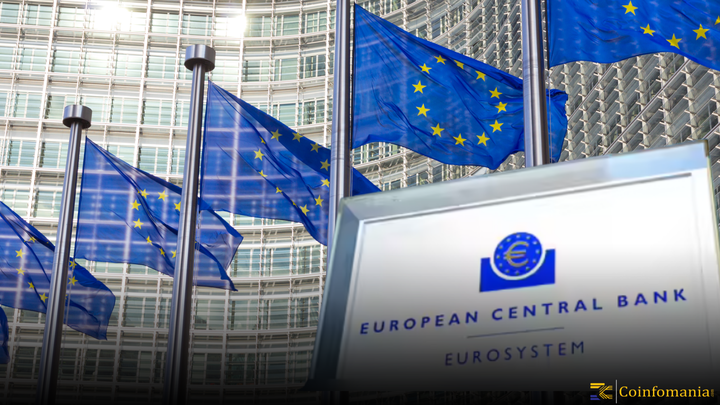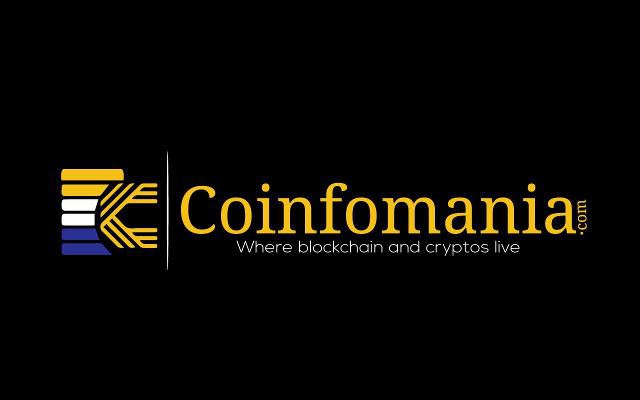ECB Adds 69 Banks to €STR Panel to Improve Transparency
0
0

On July 2, 2025, the ECB confirmed that 24 additional banks have joined the euro short-term rate (€STR) reporting panel. This marks the first expansion of the reporting population since €STR’s launch in 2019. The daily rate, which reflects the cost of unsecured overnight borrowing in euros, now includes data from a total of 69 banks.
According to the ECB, this expansion improves the rate’s representativeness by incorporating more diverse institutions and higher transaction volumes. The new banks were added to the Money Market Statistical Reporting (MMSR) population in July 2024. However, it only became part of the €STR calculation this month, after meeting strict data quality requirements.
This is the first time banks from Portugal and Luxembourg are contributing to the benchmark. The inclusion of new national perspectives is expected to improve geographic balance in the eurozone’s reference rate infrastructure.
Limited Market Impact, But Big Transparency Boost
While the change is structurally significant, the ECB noted that the impact on the actual level of €STR will be minimal. During a year-long testing period, the inclusion of these banks shifted the average rate by just -0.2 basis points. The goal of the expansion is not to influence monetary conditions, but to ensure the benchmark reflects a broader and more stable database.
The ECB has made clear that strengthening €STR is part of a broader effort to reinforce the integrity of the euro area’s financial architecture. With more institutions participating daily, the rate becomes less susceptible to short-term volatility by a small group of lenders.
This is relevant in an environment where interest rate benchmarks are central to bond pricing and monetary policy transmission. For many institutional investors and financial product providers, trust in the accuracy and reliability of these rates is essential.
Link to Digital Euro and Regulatory Goals
The €STR expansion also comes amid a wider push by the ECB to improve monetary data infrastructure ahead of the expected rollout of the digital euro. ECB President Christine Lagarde urged EU lawmakers to accelerate legal approval for the digital euro project. She emphasized the need for a robust framework that ensures transparency and resilience in the European monetary system.
Lagarde’s call highlights how traditional rate benchmarks like €STR continue to underpin broader digital finance initiatives. As Europe prepares for a new phase in payments and CBDC deployment. The ECB is working to ensure that its foundational tools are modern, inclusive, and data-rich.
Implications for Digital Assets and Fiat On-Ramps
While €STR may seem far from the crypto universe, benchmark upgrades like this carry indirect effects. For euro-denominated stablecoins, lending platforms, and cross-border DeFi applications, a more stable and representative reference rate improves pricing accuracy. It can also affect collateral management and yield calculations tied to fiat anchors.
Moreover, as Europe sharpens its focus on digital financial infrastructure, from the Markets in Crypto-Assets (MiCA) regulation to the digital euro. The strength of traditional systems like €STR will play a central role in how smoothly crypto and traditional finance integrate.
Markets Respond to Slowing Inflation and Clear ECB Messaging
The ECB’s latest technical update adds to broader signals of policy stability in the eurozone. Inflation is slowing, and the central bank is holding rates steady. The expansion of €STR participation fits into a wider pattern of transparency-focused monetary management. Market participants welcomed the move, noting that higher data quality and deeper panels enhance confidence during a period of cautious economic recovery.
For digital asset investors and fiat-linked projects alike, such developments reinforce Europe’s commitment to modern, trustworthy financial infrastructure. Its readiness to support both traditional and digital markets with equal precision.
The post ECB Adds 69 Banks to €STR Panel to Improve Transparency appeared first on Coinfomania.
0
0
 Manage all your crypto, NFT and DeFi from one place
Manage all your crypto, NFT and DeFi from one placeSecurely connect the portfolio you’re using to start.
